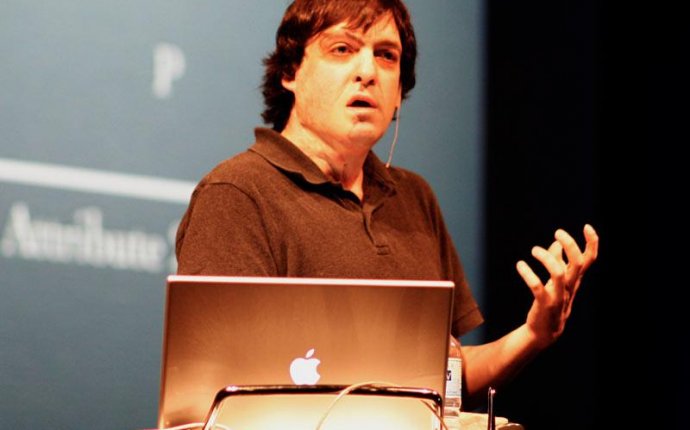
Freire Banking Education
A careful analysis of the teacher-student relationship at any level, inside or outside the school, revels its fundamentally narrative character. This relationship involves a narrating Subject (the teacher) and patient, listening objects (the students). The contents, whether values or empirical dimensions of reality, tend in the process of being narrated to become lifeless and petrified...The teacher talks about reality as if it were motionless, static, compartmentalized, and predictable. Or else he expounds on a topic completely alien to the existential experience of the students. His task is to 'fill' the students with the contents of his narration (Freire, 1998b, p54).
Freire describes a situation all too common in today's classes. It is from this kind of didactic teaching that Freire draws his metaphor of banking as a concept of education. In it, teachers make deposits of information which students are to receive, memorize, and repeat. A transmission of knowledge from the knowledgeable to the know nothings...Subject to object. "The more students work at storing the deposits entrusted to them, the less they develop the critical consciousness which would result from their intervention in the world as transformers of that world"(p. 55).
Libertarian, progressive education needs to "begin with the solution of the teacher-student contradiction, by reconciling the poles of the contradiction so that both are simultaneously teachers and students"(p. 53).
Banking education seeks to maintain the contradiction. It does not engage students in critical thinking, instead, it requires the students to be passive and to adapt thereby serving the purposes of oppression. It inhibits creativity, it resists dialogue, it is fatalistic in nature.
Progressive educators help students to reach conscientizacao (conscientization). Conscientization meaning breaking through prevailing mythologies to reach new levels of awareness-in particular, awareness of oppression, of being an object in a world where only Subjects have power.
The process of conscientization involves identifying contradictions in experience through dialogue and becoming a Subject with other oppressed subjects-that is, becoming part of the process of changing the world.
Instead of banking methods, progressive educators employ problem-posing methods. "In problem-posing education, people develop their power to perceive critically the way they exist in the world with which and in which they find themselves; they come to see the world not as a static reality, but as a reality in process, in transformation" (p. 64). Teacher-students and student-teachers are continually reflecting on themselves and the world, establishing "an authentic form of thought and action"(p. 65).
It is in this way that education can be constantly remade, instead of being static. It helps people to look ahead, to hope and plan for the future. "Problem-posing education does not and cannot serve the interests of the oppressor. No oppressive order could permit the oppressed to begin to question: Why?"









